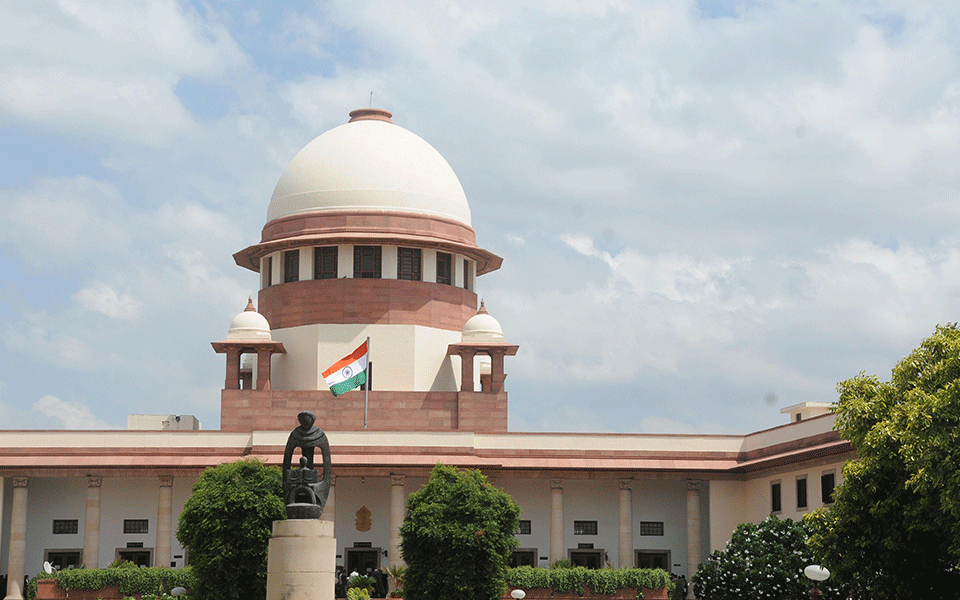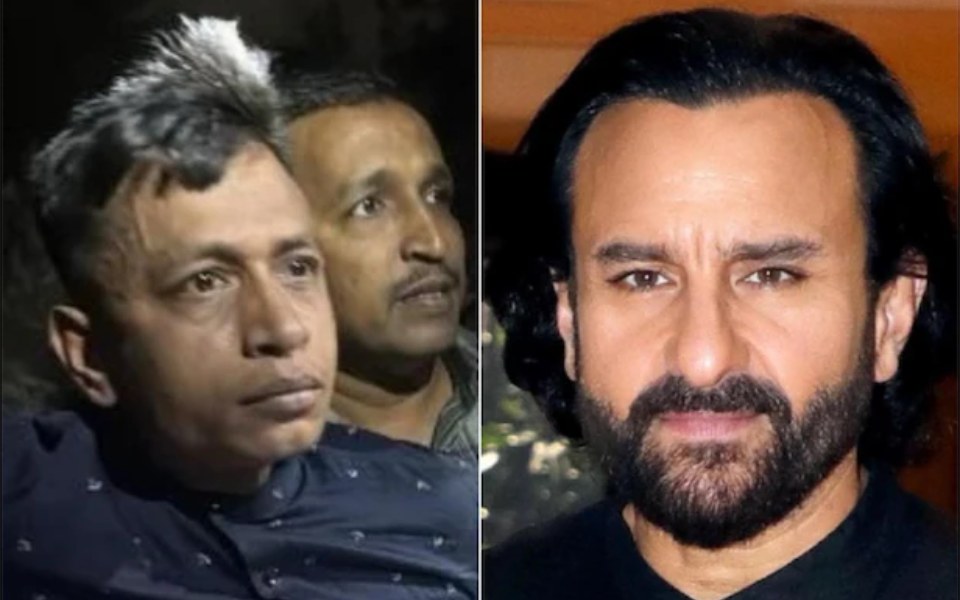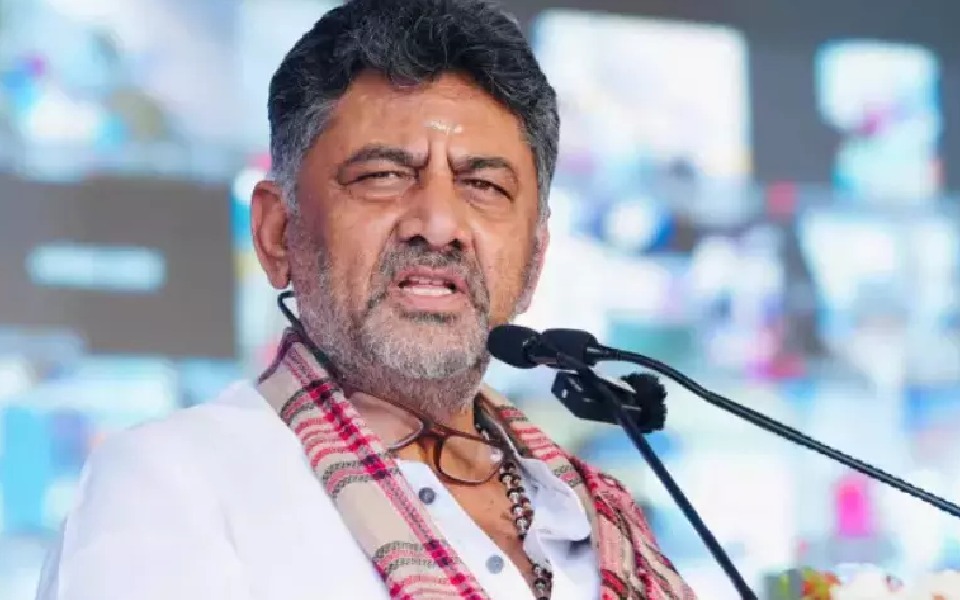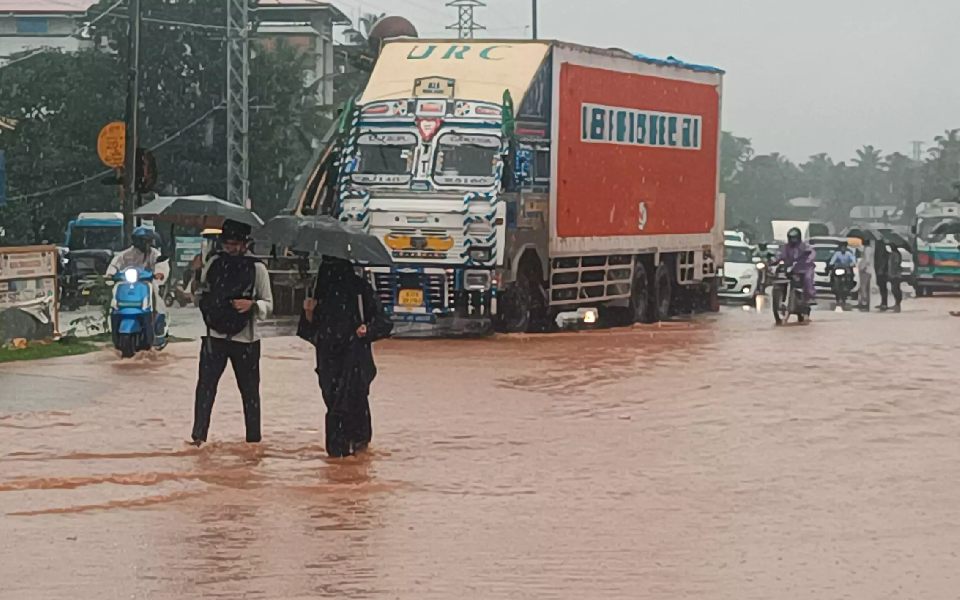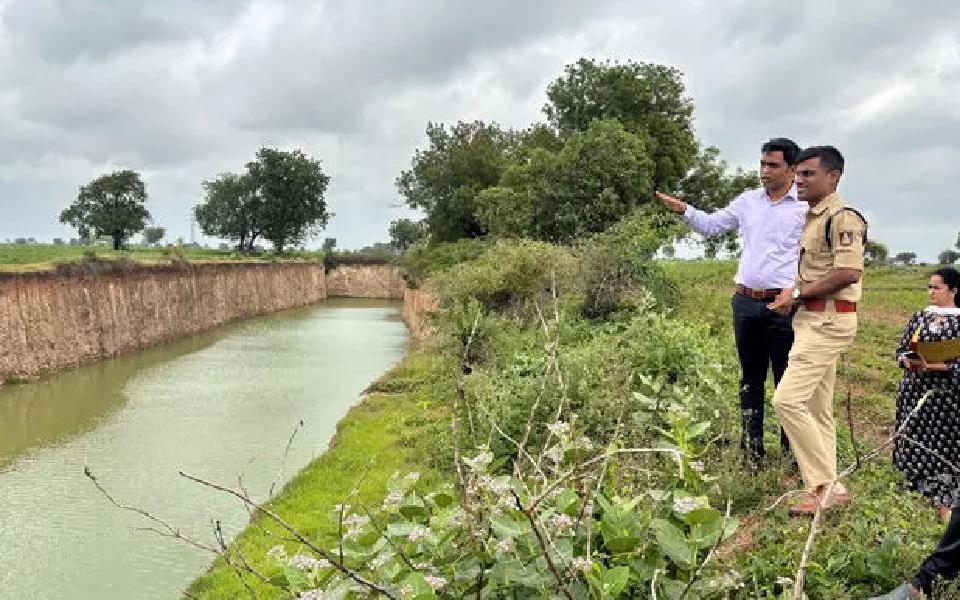New Delhi, Aug 21 : The Supreme Court on Tuesday asked the government if it can direct the Election Commission to include in the symbol order a clause that a political party is liable to lose its recognition if it fields candidates with criminal antecedents.
"Why can't we exhort Parliament like the Law Commission does to address the problem? Why can't we take clue from Section 33A of the Representation of People Act and direct the Election Commission to include in Symbol order a stipulation to bar people with criminal antecedents from electoral fray?" the court asked.
"Without asking the legislature (to make a law), you are asking the Election Commission (to insert addition qualifications)," Attorney General K.K. Venugopal said.
The top court, he said, could exhort Parliament to enact a law to bar the people with criminal background from the electoral fray, but any expansion of the Symbols Order that would have a bearing on the recognition of political parties would be ultra vires.
The five-judge constitution bench comprising Chief Justice Dipak Misra, Justice Fali Nariman, Justice A.M. Khanwilkar, Justice D.Y. Chandrachud and Justice Indu Malhotra is hearing a plea by NGO Public Interest Foundation seeking to bar people from electoral politics against whom charges have been framed by trial courts for heinous offences.
The Election Symbols (Reservation and Allotment) Order, 1968 says that a party would be recognized as a national party if it has fielded candidates in any four or more states, in the last general election to Lok Sabha or the legislative assembly and has secured 6% of the valid votes polled in each of the four states.
Besides this, the party has to secure four seats in the Lok Sabha from either one state or all the four states.
Informing the court about the presumption of innocence till an accused is convicted, Venugopal said excluding a person, charged with a criminal offence yet not convicted from the election fray would amount to adding another disqualification.
"It will be ultra vires," Attorney General said as Justice Chandrachud asked: "Is there anything that prevents the Election Commission from introducing additional qualifications? Can't EC incorporate such provisions in its rules?"
The constitution bench is hearing a reference by a three-judge bench on the question "whether disqualification for membership can be laid down by the court beyond Article 102(a) to (d) and the law made by Parliament under Article 120(e)?"
Let the Truth be known. If you read VB and like VB, please be a VB Supporter and Help us deliver the Truth to one and all.
Mumbai, Jul 25 (PTI): Police have opposed the bail plea of the Bangladeshi national arrested for allegedly stabbing Bollywood actor Saif Ali Khan with a knife and injuring him at his home here in January this year, telling a Mumbai court there was "strong evidence" against the accused.
Citing a Forensic Science Laboratory report, police reiterated before the sessions court their earlier claim knife fragments that got lodged near the actor's spine during the attack as well as a part found at the crime spot have matched with the weapon recovered from the accused, Shariful Islam.
These three pieces were part of the same weapon (knife) used to attack the filmstar, the police said in a written response to the accused's plea submitted in the court on Thursday (July 24).
Khan was repeatedly stabbed with a knife by an intruder inside his 12th floor apartment in upscale Bandra on January 16 during a robbery attempt.
The 54-year-old actor underwent surgery at Lilavati Hospital to remove a piece of knife that got lodged near his spine during the attack. He was discharged from the private hospital after five days.
Shariful Islam, a Bangladeshi national, was arrested two days later for allegedly stabbing Khan.
The police, in their response, highlighted that the accused is a Bangladeshi citizen residing illegally in India.
If granted bail, there was a possibility that he may flee India and not appear before the court during the trial. The crime committed by the accused is of a "very serious nature, and strong evidence" is available against him, they argued.
In his bail plea, filed through advocate Vipul Dushing, the accused asserted he was innocent and had no prior criminal record.
Investigation into the case has practically concluded with only the filing of a chargesheet pending, the accused contended while seeking bail.
The alleged attacker has been booked under Bharatiya Nyaya Sanhita (BNS) sections related to house trespass, robbery and dacoity with attempt to cause death or grievous injury.

